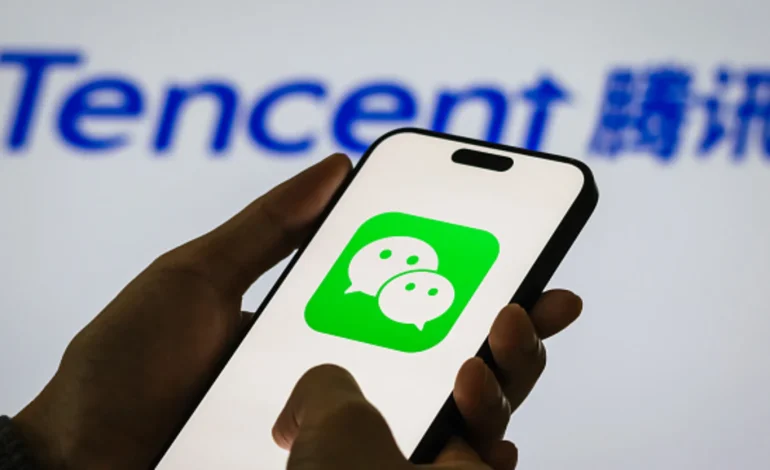Chinese tech conglomerate Tencent is expanding its cloud computing footprint into Europe, aiming to capitalize on the technology and industry expertise it has built over years in its domestic market, CNBC reports.
The company, best known for its dominant role in China’s gaming and messaging sectors through platforms like WeChat, now sees cloud services as a key growth opportunity abroad.
In an interview with CNBC, Dowson Tong, CEO of Tencent Cloud, emphasized the company’s intention to bring its specialized cloud capabilities to European clients.
“We intend to bring a lot of this technology expertise to Europe,” Tong said, noting active conversations with potential partners in the region.
Tencent’s move into the European market places it in direct competition with well-established US cloud providers—Amazon Web Services, Microsoft Azure, and Google Cloud—which collectively control around 70% of the region’s cloud market. Rather than competing head-to-head, Tencent aims to differentiate by focusing on specific technology verticals, such as video streaming, low-latency gaming, and super app hosting.
These strengths are drawn from Tencent’s experience operating WeChat, China’s leading multi-function app, and managing a portfolio of globally recognized gaming properties.
“We have strengths and competence in very specific technology areas,” Tong said. “These are unique capabilities that have been developed over many years and started from our products in China.”
One example of Tencent’s international collaboration is its work with French telecom firm Orange, supporting the development and deployment of the Max it app in African markets. In gaming, Tencent touts its ability to reduce latency, enhancing the user experience—an especially valuable edge in competitive online games.
Tencent also believes that Europe’s cloud market is shifting toward a multi-cloud model, where companies choose services from a mix of providers. Tong says this approach plays to Tencent’s advantage.
“It’s a deliberate strategy of ours to make the customers feel more comfortable using our technology, especially in a multi-cloud environment,” he said.
This strategy allows customers to integrate Tencent Cloud services alongside those from other major providers without locking into a single ecosystem.
Like other global cloud companies, Tencent is integrating artificial intelligence tools into its cloud offerings. In China, the company has developed a foundational AI model called Hunyuan and has also partnered with firms like DeepSeek for certain applications.
Tong said Tencent plans to adopt a flexible approach in Europe, tailoring tools to support regional or customer-preferred AI models, including those developed locally.
“Our focus would be providing tools that work with different foundation models,” he said. “Ultimately, it’s the customer’s decision which model works best for them.”










The latest news in your social feeds
Subscribe to our social media platforms to stay tuned